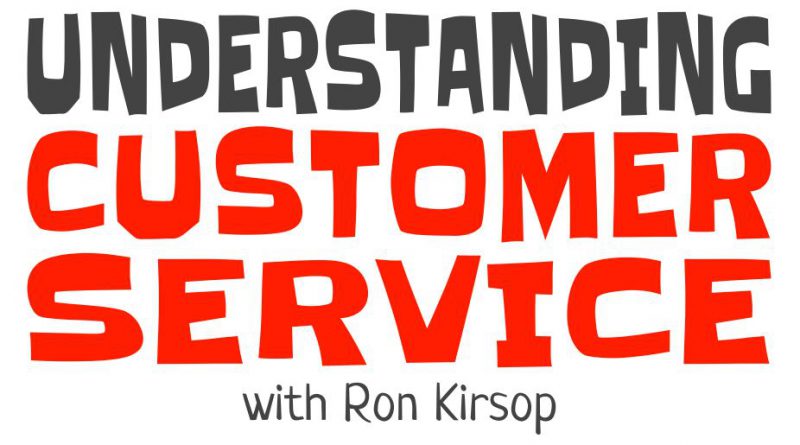Customer Service and Email Etiquette System Meeting Follow-up
On Thursday, December 1, 2016, we had the pleasure of having Assistant Director of the Pioneer Library System, Ron Kirsop, give a wonderful overview of Library Customer Service and Email Etiquette. We all know that customer service is important for libraries and there are many webinars and classes to help us provide the best possible customer service for our patrons. As Ron explained, customer service builds loyalty to a library, which is important for libraries today since we have so many competing services.
Links to the slides:
Overview of Presentation
Ron talked about nine important things to remember when thinking about customer service:
- You are not the customer.
- The customer is not broken.
- A good customer experience requires research or observation.
- A good customer experience requires empathy.
- Customers are not listening to what you say..
- Customers create their own experiences.
- Customer interactions are complex.
- A good customer experience is holistic.
- A customer experience should be easy from the start.
Ron encouraged participants to think about a mistake we all often make: we do not think about how our patrons view our library buildings and our services. Too often we resort to how we as library employees think patrons should be thinking about our library and fail to realize our patrons don’t understand our library acronyms, the Dewey Decimal System, and other library related areas.
During his presentation, Ron stressed that all staff members should be involved in setting library-wide goals to make customer service better. Involve your staff in strategic or long range planning. Empower your staff to fully understand all library services you provide so that when patrons ask questions about various services, all staff have a basic understand of what your library has to offer. For example, do all of your staff have a basic understanding of OverDrive? Do they know what programs are happening this month at the library? Can they find information easily for patrons on your website?
The concept of active listening (being quiet, encouraging conversation, checking your understanding, and validating the customer’s reasoning), was also discussed, as well as the concept of leaning into criticism (hand their complaints back to them, use powerful words, steal their good lines, and never defend yourself). These listening skills are especially important when dealing with difficult or angry patrons.
During the email etiquette portion of Ron’s talk, we learned various skills such as:
- Number one problem with email: Too Long Didn’t Read.
- People should not scroll down to read it.
- Be BRIEF:
- Background
- Reason
- Information
- End
- Follow up
- Organize your ideas:
- Draft and Edit.
- Be very clear.
- Just the facts.
- Keep emotion out of it.
- When to use a BCC (very, very rarely)
- Reply versus reply all.
- Importance of brevity: If you have to convey more than 5 lines of information to your co-workers, staff, or a patron, having a phone conversation or in-person talk is usually better.
- Tone in email:
- Use positive words.
- Don’t have a quote in your signature.
- Stay away from over punctuation and smiley faces.
- If you are feeling down and negative and think your email could be misinterpreted, do not hit send! Come back to it later or have someone proofread it.
- Lead by exampe.

